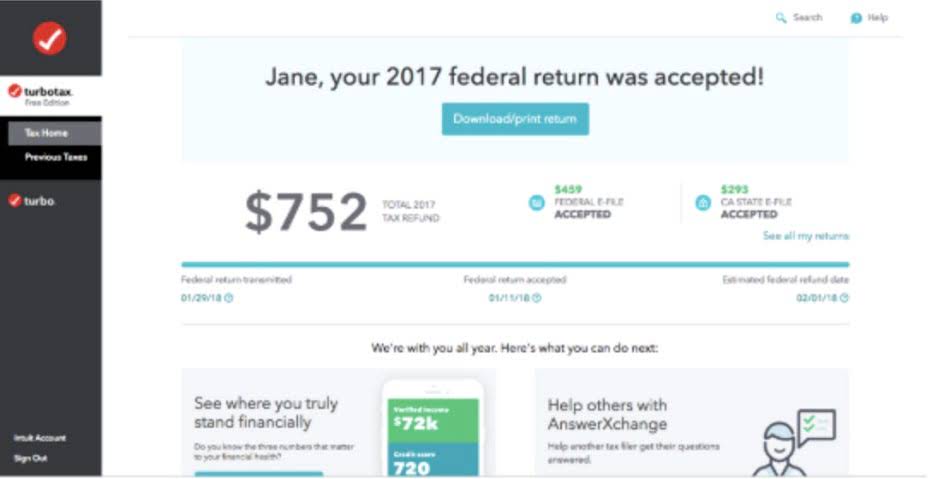What Are Miscellaneous Expenses? Best Examples of 2025
Current Liabilities Definition and Example 6
mars 6, 2023Is there a phone number to contact sky where you c .. Sky Community
avril 25, 2023
However, one-off advertising or marketing spend may be considered a miscellaneous expense. Generally, computer purchases do not fall into the miscellaneous category of expenses, as they’re considered assets and depreciated if they’re above ledger account a certain value. Miscellaneous expenses may be small, but they’re mighty in their ability to sneak up on you. Left unmanaged, they can distort your records, eat into your margins, and cause problems during audits or tax filing.
- You can instantly add expense receipts in the software without any separate ledger account.
- Properly tracking miscellaneous expenses improves budgeting, enables tax deductions, and strengthens your business foundation.
- Automation simplifies this process, ensuring accurate records without the hassle.
- Miscellaneous expenses are defined as costs not fitting standard accounting categories.
- Let’s say you travel to meet a vendor and pay ₹100 in tolls and ₹50 for parking.
- Importantly, it is an efficient way to manage expenses rather than handling things manually.
Keep receipts for all purchases
- Start recording miscellaneous expenses using automation software instead of using pen and paper.
- For the purposes of accounting, the IRS more specifically defines miscellaneous expenses as business costs that fall outside of standard tax categories.
- Aim to classify expenses under more specific categories whenever possible.
- When organizations make accurate forecasts, they can plan for things like inflation and price changes that could affect spending patterns.
- Miscellaneous expenses are costs that don’t clearly fall under pre-defined accounting categories, like office supplies or travel.
Thus, miscellaneous expenses must be tracked and categorized correctly to ensure accurate financial reporting and optimal business spending. You could miss out on legitimate tax deductions or understate your expenses, making your business seem more profitable on paper than it actually is (which isn’t great come tax season). Yes, in some cases miscellaneous expenses are tax deductible if they were for business use. The IRS has https://www.sowovo.org/2022/08/18/statement-of-stockholder-s-equity-format-example/ specific rules regarding what miscellaneous expenses are tax deductible. Now you know the miscellaneous expenses meaning and why monitoring them is so crucial. If not manually, try using software like Moon Invoice to facilitate expense tracking and management without wasting your time and effort.

Best Receipt OCR Software for accounting
A motivated team performs better, and small perks can go a long way in boosting morale. Team lunches, coffee runs, or occasional appreciation gifts for employees and clients are considered miscellaneous expenses. So, businesses can benefit from incorporating a cushion for miscellaneous expenses into the overall budget to avoid costly surprises that impact the bottom line.
Is miscellaneous expense an operating expense?

You would have miscellaneous expenses not only in your business life but also in terms of your personal life that never existed in your budget before. However, you need to track each miscellaneous expense, regardless of high or low cost. In accounting, miscellaneous expense may refer to a general ledger account in which small, infrequent transaction amounts are recorded. For example, the small bank fees would be better recorded in a separate account such as Bank Service Charges instead of recording them in Miscellaneous Expenses.
Examples of Miscellaneous Expenses

These examples show how miscellaneous expenses can capture costs that do not fit into any other category or relate to specific one-off items or services. By keeping track of these costs correctly, businesses can make sure they have a clear picture of their finances and how they are doing over time. Documentation such as receipts, invoices, canceled checks, and account statements should be kept to substantiate expenses.
- Unify your business back office with doola—an all-in-one platform that handles LLC Formation, Bookkeeping, Taxes, and E-commerce Analytics.
- These are the small yet essential costs that keep operations running smoothly.
- While each cost may seem minor, they collectively affect your operating expenses and can show up on your income statement.
- In business accounting, few categories cause more confusion than miscellaneous expenses.
- It means they can identify potential opportunities or risks more quickly and uncover hidden costs or wasted resources.
What are Miscellaneous Expenses? – Here’s All You Need to Know

Save taxes with Clear by investing in tax saving mutual funds (ELSS) online. Our experts suggest the best funds and you can get high returns by investing directly or through SIP. Business travel often comes with a range of expenses, from commuting and lodging to meals and incidentals.
Join thousands of business owners who trust us
- For example, if a company pays AED 50 for emergency office supplies, it would debit the miscellaneous expense account for AED 50 and credit cash or accounts payable.
- For example, an advertising agency regularly entertains clients to build and maintain strong working relationships.
- Tracking miscellaneous expenses isn’t just about organization; it has a direct impact on tax savings.
- Miscellaneous expenses can also be a tool for businesses to manage their cash flow.
If a particular type of miscellaneous expense becomes substantial or recurring, it is advisable to create a dedicated account for it to improve financial clarity and tracking. Miscellaneous expenses are all expenditures that don’t fit into any other category. They can include various costs, such as travel expenses, consulting fees, and advertising costs. By knowing what “miscellaneous expenses” mean in accounting, businesses can better make accurate budgets for their operations and ensure that every misc cost expense is properly accounted for. Business owners should take the necessary steps to track these miscellaneous expenses for more accurate financial reporting.
